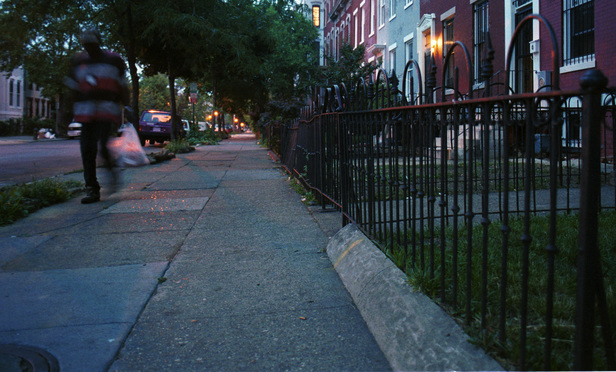In the past 20 years, the number of common-interest communities in New Jersey has grown exponentially. Today, we all seem to know someone living in such a community, whether it be an active adult senior community, a condominium building or a development of detached single-family homes.
But what duty does a common-interest community association owe with respect to keeping its private sidewalks and walkways reasonably safe? This question was recently addressed by the New Jersey Supreme Court in the decision of Qian v. Toll Brothers, 223 N.J. 124 (2015).
N.J. Sidewalk Jurisprudence
This content has been archived. It is available through our partners, LexisNexis® and Bloomberg Law.
To view this content, please continue to their sites.
Not a Lexis Subscriber?
Subscribe Now
Not a Bloomberg Law Subscriber?
Subscribe Now
LexisNexis® and Bloomberg Law are third party online distributors of the broad collection of current and archived versions of ALM's legal news publications. LexisNexis® and Bloomberg Law customers are able to access and use ALM's content, including content from the National Law Journal, The American Lawyer, Legaltech News, The New York Law Journal, and Corporate Counsel, as well as other sources of legal information.
For questions call 1-877-256-2472 or contact us at [email protected]



